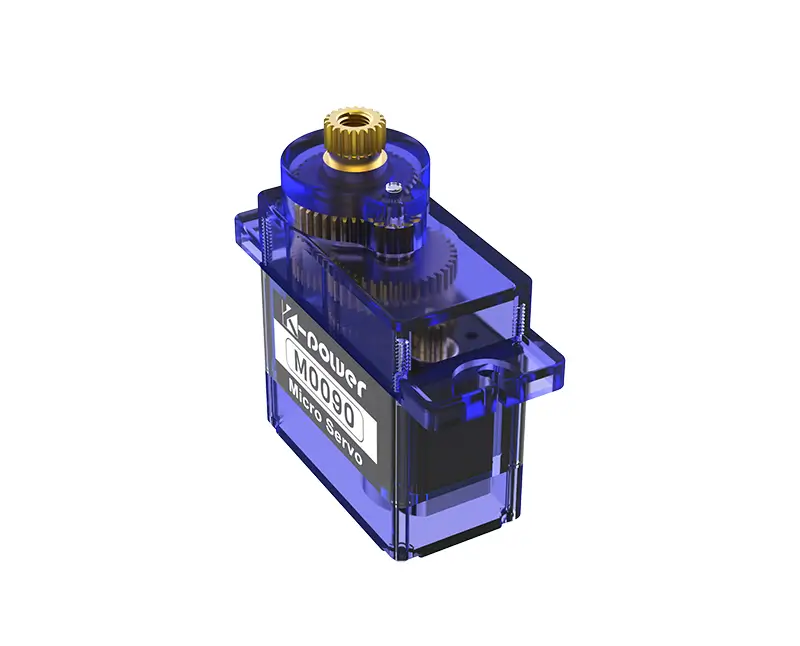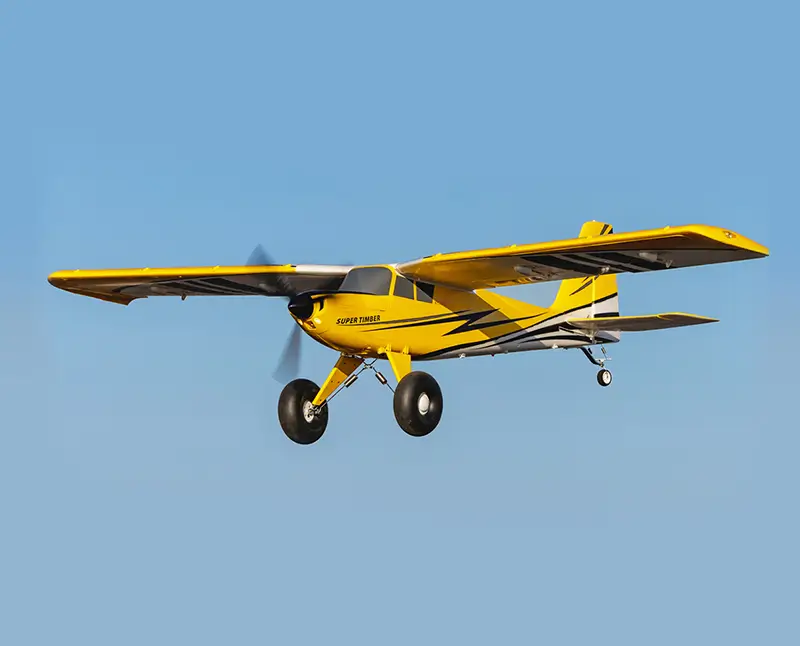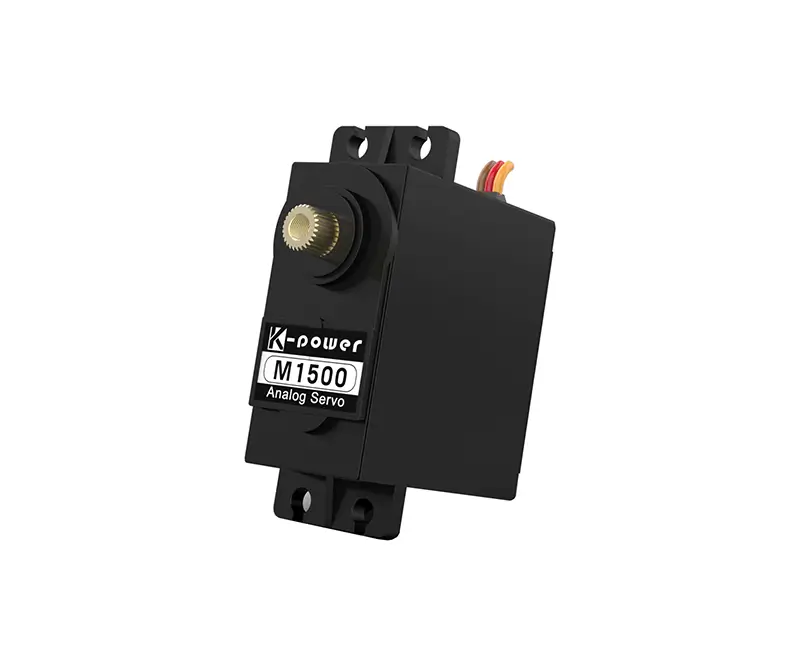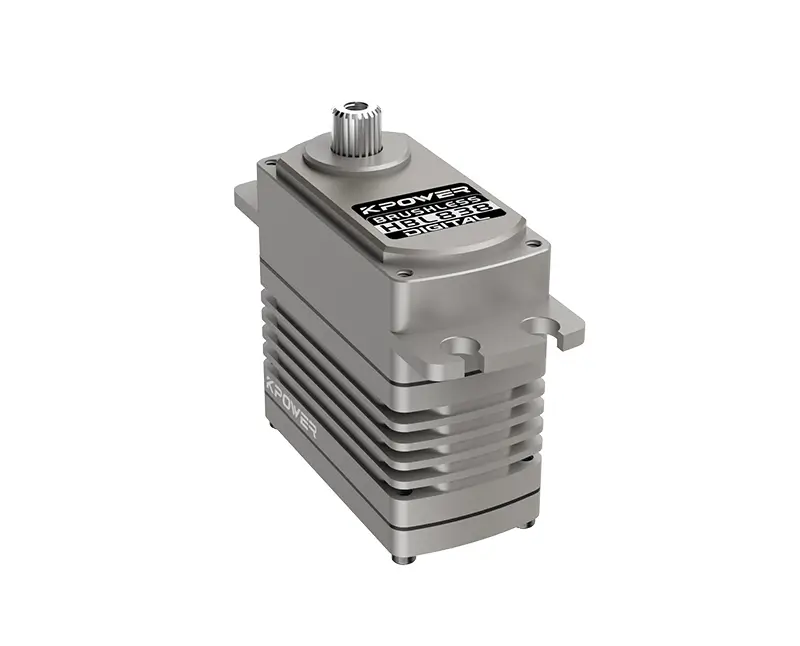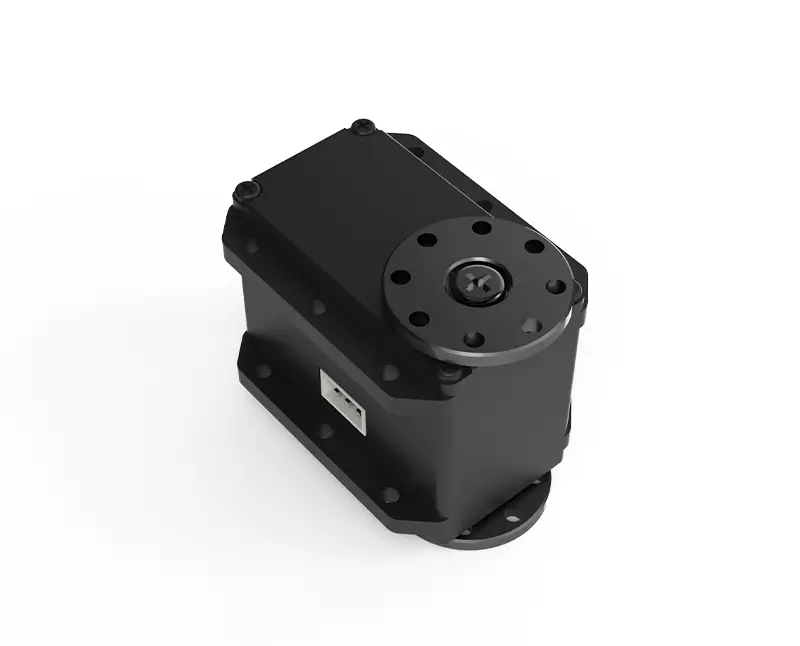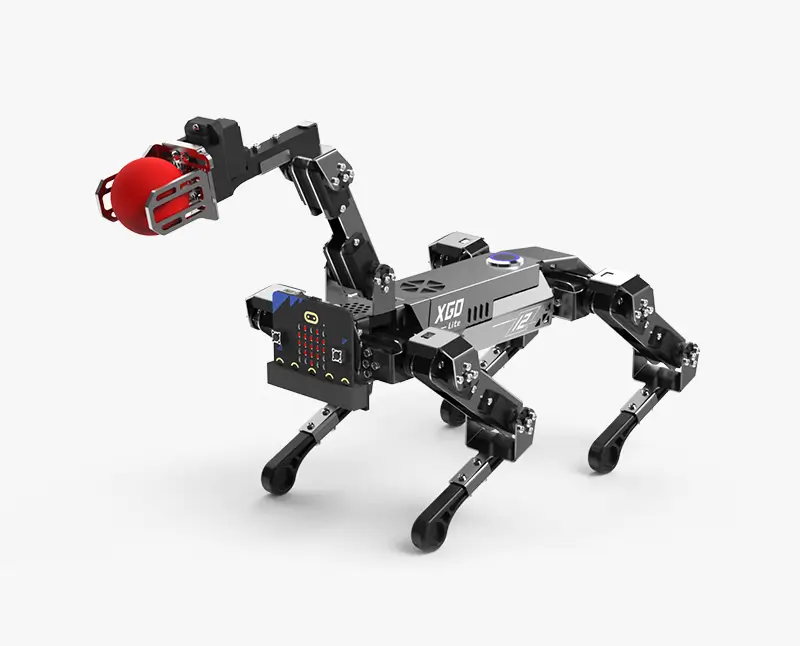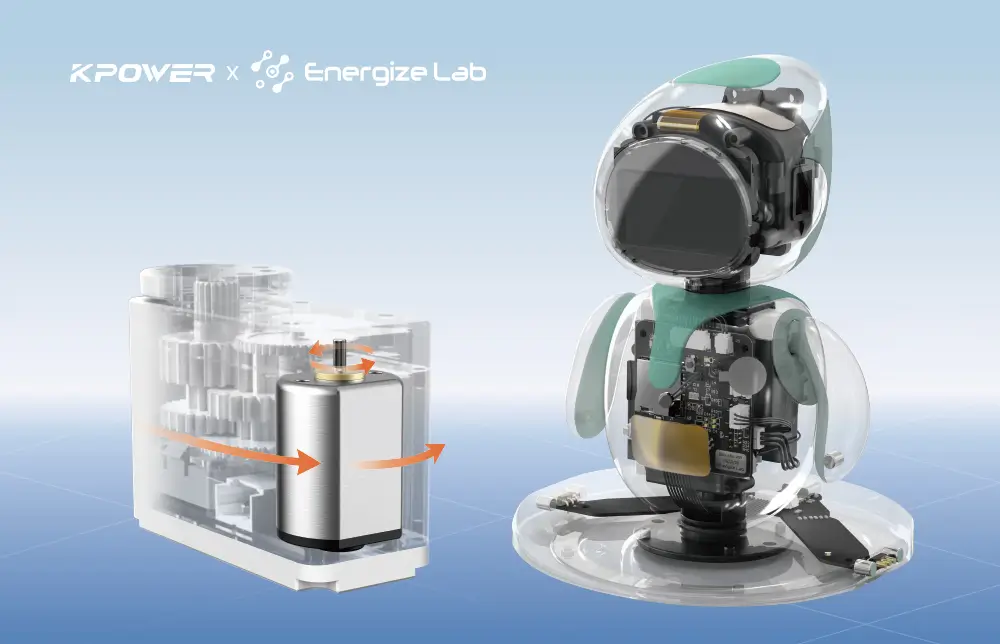When it comes to maximizing the performance of your RC car, few components are as critical as the servo. This unsung hero of radio-controlled vehicles is responsible for translating your controller’s commands into precise steering movements. Whether you’re racing on a track, crawling over rocky terrain, or drifting around corners, the quality of your servo can make or break your experience. But with countless options flooding the market, how do you choose the best RC car servo for your needs? Let’s dive into the essentials.
.webp)
What Is a Servo, and Why Does It Matter?
A servo is a compact motorized device that controls the steering mechanism of your RC car. It receives signals from your transmitter and converts them into mechanical motion, dictating how sharply or smoothly your vehicle turns. A high-quality servo ensures responsive handling, accurate cornering, and the ability to tackle tough obstacles without lag or jitter. In competitive racing or technical crawling, a subpar servo can mean the difference between victory and a crash.
Key Factors to Consider When Choosing a Servo
1. Torque: The Muscle Behind the Movement
Torque, measured in kilogram-centimeters (kg-cm) or ounce-inches (oz-in), determines how much force the servo can exert. Higher torque ratings are essential for heavy-duty applications, such as rock crawling or large-scale RC trucks, where the servo must overcome resistance from uneven terrain or oversized tires. For example, a 35kg-cm servo can handle rigorous demands, while a 15kg-cm model might suffice for lightweight on-road cars.
2. Speed: Precision Meets Agility
Speed, measured in seconds per 60 degrees of rotation, dictates how quickly the servo can turn the wheels. A faster servo (e.g., 0.08s/60°) is ideal for racing or drifting, where split-second adjustments are crucial. However, speed often trades off with torque—ultra-fast servos may lack the strength needed for off-road challenges.
3. Durability: Built to Last
RC cars endure bumps, jumps, and crashes. A durable servo features metal gears (instead of plastic), sealed bearings, and waterproofing to survive harsh conditions. Brands like and Protek are renowned for rugged designs that withstand mud, water, and impacts.
4. Compatibility: Size and Voltage
Servos come in standard sizes (e.g., micro, standard, and large) and voltage ranges (4.8V–7.4V). Ensure your servo matches your car’s chassis and electronic system. A mismatch could lead to poor performance or damage.
Top Servo Picks for Different RC Applications
SW-1210SG (Waterproof, 20kg-cm, 0.10s/60°) Perfect for crawlers and trail trucks, this waterproof servo combines brute strength with weather resistance. Its aluminum heat sink keeps temperatures low during prolonged use.
Hitec D845WP (35kg-cm, 0.15s/60°) A beast for monster trucks and 1/5-scale models, the D845WP delivers unmatched torque while surviving mud and rain.
Protek RC 170T (0.07s/60°, 13kg-cm) Designed for speed demons, this servo’s lightning-fast response makes it a favorite among on-road racers.
Advanced Features to Elevate Your RC Experience
Modern servos come packed with tech to enhance performance:
Coreless Motors: Offer smoother operation and faster response than traditional brushed motors. Programmable Settings: Adjust endpoints, deadbands, and center points via Bluetooth or a USB interface. Digital vs. Analog: Digital servos provide finer control and higher holding power, ideal for precision tasks.
Installation Tips for Optimal Performance
Secure Mounting: Use rubber grommets and metal screws to reduce vibrations. Waterproofing: Apply silicone grease to connectors if the servo isn’t pre-sealed. Voltage Matching: Pair your servo with a compatible BEC (Battery Eliminator Circuit) to avoid burnout.
Maintenance: Keep Your Servo Running Smoothly
Regularly inspect gears for wear and replace damaged parts promptly. Lubricate metal gears with lightweight grease to reduce friction. Store your RC car in a dry environment to prevent corrosion.
Budget vs. Premium: Is Expensive Always Better?
While premium servos like Futaba CB700 ($150+) offer cutting-edge specs, budget options like ZOSKAY 20kg ($25) deliver surprising value for casual hobbyists. Assess your needs—competitive racers should invest in high-end models, while weekend warriors can opt for affordable reliability.
The Future of RC Servos
Innovations like brushless motors and smart servos with built-in telemetry are revolutionizing the hobby. These advancements promise even faster speeds, greater efficiency, and real-time performance data.
Final Thoughts
Choosing the best RC car servo boils down to understanding your vehicle’s demands and your driving style. Prioritize torque for off-road adventures, speed for track dominance, and durability for longevity. With the right servo, you’ll unlock your RC car’s full potential—transforming every run into a thrilling, precision-controlled experience.
This guide equips you with the knowledge to make an informed decision. Now, gear up, hit the terrain, and let your RC car’s newfound agility leave competitors in the dust! 🏁


































.webp)
